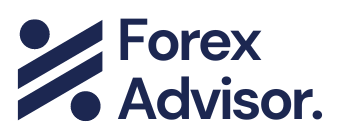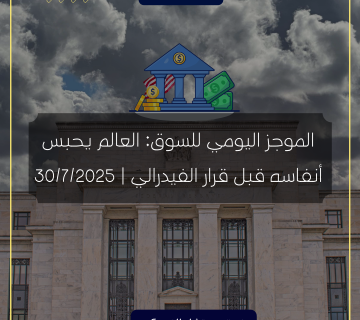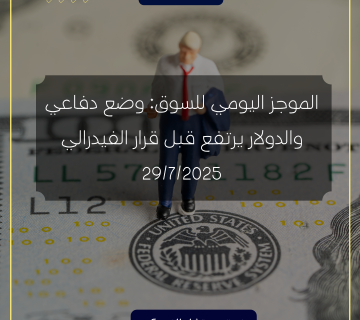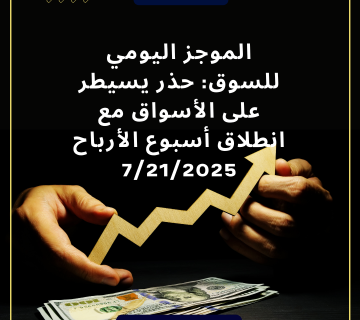The Importance of Financial Freedom and How to Achieve It: Practical Steps
Introduction
Achieving financial freedom is a dream many people share, but few truly understand what it means and how to reach it. Financial freedom isn’t about being rich; it’s about having control over your finances, allowing you to live life on your terms. This article breaks down the importance of financial freedom and provides practical steps to help you achieve it.
Understanding Financial Freedom
Defining Financial Freedom in Everyday Terms
Financial freedom can be defined as the state where you are not reliant on a paycheck to meet your financial obligations. It means having enough savings, investments, and cash flow to support the lifestyle you desire without needing constant income from traditional employment.
Myths About Financial Freedom
One common misconception is that financial freedom means never working again. While some may choose to stop working, many achieve financial freedom and still work—because they want to, not because they have to. Another myth is that only the wealthy can attain it. The truth is, anyone can work toward financial freedom with the right planning and habits.
Benefits of Achieving Financial Freedom
More Control Over Your Time
One of the most significant benefits of financial freedom is having control over your time. When you’re not tied to a job for financial survival, you can choose how to spend your time. Whether it’s traveling, pursuing a passion, or spending time with loved ones, financial freedom opens doors to new opportunities.
Improved Mental and Physical Health
Financial stress can take a toll on your mental and physical well-being. When you’re constantly worrying about bills or debt, it’s hard to enjoy life. Achieving financial freedom reduces this stress, which can lead to better mental health, improved sleep, and even a longer life.
Learning the Basics of Forex Trading
Opportunities for Pursuing Passions
Financial freedom allows you to chase your dreams and passions. Whether it’s starting your own business, supporting a cause you care about, or picking up a new hobby, financial independence gives you the flexibility to live a more fulfilling life.
Common Barriers to Financial Freedom
Lack of Financial Education
Many people struggle to achieve financial freedom because they simply don’t know how. Schools rarely teach personal finance, leaving individuals to figure it out on their own. This lack of financial literacy is one of the biggest barriers to achieving financial independence.
Debt and Poor Money Management
Carrying large amounts of debt, especially high-interest debt, can prevent people from achieving financial freedom. Poor money management skills, such as not budgeting or overspending, also contribute to financial struggles.
Consumerism and Overspending
In today’s society, consumerism is rampant. People are constantly encouraged to buy the latest gadgets, clothes, and other material possessions, often leading to overspending and debt accumulation. Breaking free from this cycle is essential for those striving for financial independence.
How to Identify Approved Forex Brokers and Avoid Scams
How to Achieve Financial Freedom
Step 1: Setting Clear Financial Goals
Financial freedom starts with setting specific and realistic goals. Whether it’s paying off debt, saving for a home, or building an investment portfolio, knowing your financial objectives is the first step in creating a roadmap to freedom.
Step 2: Building a Budget and Sticking to It
A budget helps you track your income and expenses, ensuring that you live within your means. It also allows you to allocate money toward your financial goals, whether that’s saving or investing.
Step 3: Managing Debt
Reducing and eliminating debt is crucial for financial freedom. Start by tackling high-interest debts first, such as credit cards. Consolidating debts or refinancing loans can also help reduce monthly payments and interest rates.
Step 4: Creating Multiple Streams of Income
Relying on a single income stream limits your financial potential. Explore ways to create multiple streams of income, whether through side businesses, freelance work, or investments. Diversifying your income sources adds financial security.
Step 5: Investing Wisely
Investing is one of the best ways to grow your wealth and achieve financial freedom. Whether it’s in stocks, bonds, real estate, or mutual funds, investing helps your money work for you, allowing you to build wealth over time.
Step 6: Building an Emergency Fund
Unexpected expenses can derail your financial plans. Having an emergency fund that covers at least 3-6 months of living expenses is essential to protect yourself from financial shocks like job loss or medical emergencies.
Step 7: Planning for Retirement
Achieving financial freedom also means planning for the long term. Start saving for retirement early, whether through employer-sponsored plans like a 401(k) or personal retirement accounts like an IRA. The earlier you start, the more you benefit from compound interest.
Developing the Right Mindset
Cultivating Patience and Discipline
Financial freedom doesn’t happen overnight. It requires patience, discipline, and a commitment to long-term financial habits. Consistency is key to seeing results, and avoiding impulsive financial decisions will keep you on track.
Avoiding Get-Rich-Quick Schemes
Get-rich-quick schemes can seem tempting, but they often lead to financial ruin. Instead of chasing quick money, focus on building wealth steadily through smart investments and consistent saving.
Popular Investment Options
Stocks and Bonds
Stocks and bonds are popular investment options for building wealth. Stocks provide higher returns but come with more risk, while bonds are more stable but offer lower returns.
Real Estate
Investing in real estate can provide both passive income and long-term capital appreciation. Whether it’s rental properties or real estate investment trusts (REITs), real estate can be a valuable part of a diversified portfolio.
Mutual Funds and ETFs
Mutual funds and exchange-traded funds (ETFs) allow you to invest in a diversified portfolio of stocks or bonds. They offer an easier way to invest without needing to pick individual stocks.
Cryptocurrencies: Risk vs. Reward
Cryptocurrencies like Bitcoin have gained popularity, but they come with high volatility. If you decide to invest in cryptocurrencies, make sure it’s a small part of your portfolio and understand the risks involved.
The Role of Financial Education
Why Financial Literacy Matters
Financial literacy is the foundation of achieving financial freedom. Understanding how money works, including budgeting, saving, investing, and managing debt, is essential to make informed financial decisions.
Resources for Improving Financial Knowledge
There are numerous resources available for those looking to improve their financial knowledge. Books, online courses, podcasts, and financial advisors can help guide you on your journey to financial freedom.
Long-Term Financial Strategies
Importance of Compounding
The power of compounding means that your money earns money over time. The earlier you start saving and investing, the more you benefit from compounding, which accelerates your wealth growth.
Tax-Efficient Investing
Minimizing taxes can significantly impact your wealth-building efforts. Consider tax-advantaged accounts like IRAs and 401(k)s, and explore strategies like tax-loss harvesting to reduce your tax burden.
Avoiding Common Financial Pitfalls
Be cautious of financial pitfalls like taking on too much debt, overspending, and failing to invest. By staying mindful of these, you can avoid setbacks on your path to financial freedom.
Conclusion
Achieving financial freedom is a journey, not a destination. It requires careful planning, disciplined saving, smart investing, and a commitment to continuous learning. By following the steps outlined in this article, anyone can work towards financial independence and enjoy the peace of mind that comes with it.
FAQs
What is the first step to financial freedom?
The first step is setting clear financial goals. This gives you direction and helps you create a plan to achieve financial independence.
How long does it take to achieve financial freedom?
The timeline varies based on income, savings, and investment strategies, but with consistent effort, most people can achieve financial freedom within 10 to 20 years.
Is investing in cryptocurrencies a good idea?
Cryptocurrencies can be a risky investment due to their volatility. It’s best to invest only a small portion of your portfolio and be aware of the risks.
How do I manage debt effectively?
Start by paying off high-interest debts first, such as credit cards. Creating a debt repayment plan and avoiding unnecessary debt is key.
Why is financial literacy important for financial freedom?
Financial literacy helps you make informed decisions about saving, investing, and managing debt, which are critical for achieving financial freedom.













![Market Insights Today: Key Trends & What to Watch [July 17, 2025]](https://fxadv.com/wp-content/uploads/2025/07/licensed-image-360x320.jpg)
